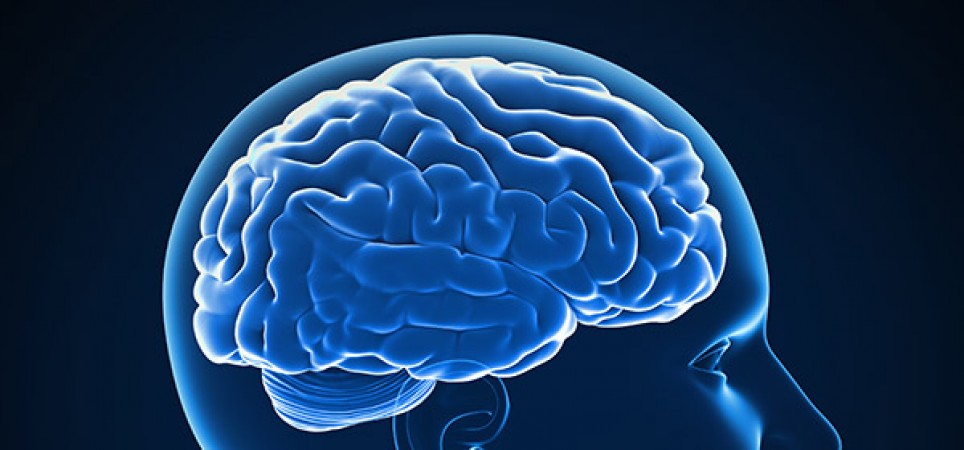
In our fast-paced world, maintaining brain health is crucial for overall well-being. Our brain is like a powerhouse, controlling every aspect of our life, including memory, concentration, and cognitive abilities. With stress, distractions, and information overload becoming common, it is essential to find effective ways to enhance brain health. One such method that has gained significant attention is yoga. This ancient practice not only benefits the body but also works wonders for the mind. In this article, we will explore how yoga can positively impact brain health and delve into five powerful asanas (poses) specifically aimed at boosting memory and concentration.
Understanding Brain Health and Its Importance
The brain is a complex organ responsible for processing and interpreting information, forming memories, and enabling us to concentrate on tasks. Proper brain health is vital for maintaining focus, mental clarity, and overall cognitive function. Many factors can influence brain health, such as age, genetics, diet, exercise, and lifestyle choices.
The Connection Between Yoga and Brain Health
Yoga, an ancient practice originating in India, involves physical postures, breath control, and meditation. Its holistic approach promotes harmony between the mind, body, and spirit. Research has shown that regular yoga practice can lead to increased gray matter density in the brain, which is associated with enhanced memory and cognition. Additionally, yoga reduces stress and anxiety, allowing the brain to function optimally.
Asana 1: Padmasana (Lotus Pose)
Padmasana, or the Lotus Pose, is a classic yoga pose known for its meditative benefits. Sitting in this posture calms the mind and improves focus. To perform this asana, sit cross-legged with each foot resting on the opposite thigh, back straight, and hands on your knees. Take deep breaths, clearing your mind of clutter, and let a sense of tranquility wash over you.
Asana 2: Sarvangasana (Shoulder Stand)
Sarvangasana, also known as the Shoulder Stand, is often called the "Queen of Asanas" due to its numerous benefits. This inversion pose increases blood flow to the brain, which revitalizes brain cells and enhances memory. Lie on your back, lift your legs, hips, and back off the ground, supporting your lower back with your hands. Keep your body in a straight line and hold the pose for several breaths.
Asana 3: Vajrasana (Diamond Pose)
Vajrasana, or the Diamond Pose, is a simple yet powerful kneeling posture. It helps in improving digestion, which indirectly affects brain health. Sit on your knees with your back straight and palms resting on your thighs. Take slow, deep breaths, and feel a sense of grounding and stability.
Asana 4: Bhramari Pranayama (Bee Breath)
Bhramari Pranayama, also known as the Bee Breath, is a breathing technique that calms the mind and reduces stress. It involves inhaling deeply and exhaling while making a humming sound, mimicking the buzzing of a bee. This practice clears the mind of negativity and enhances focus and concentration.
Asana 5: Nadi Shodhana Pranayama (Alternate Nostril Breathing)
Nadi Shodhana Pranayama, or Alternate Nostril Breathing, is a balancing breathing exercise that harmonizes the left and right hemispheres of the brain. Sit comfortably and use your thumb and ring finger to alternate closing each nostril while breathing deeply through the other. This technique enhances mental clarity and promotes a balanced mind.
Incorporating Yoga into Daily Routine
To experience the full benefits of yoga for brain health, it is essential to incorporate these practices into your daily routine. Dedicate a few minutes each day to perform these asanas and pranayama exercises. Consistency is key to achieving lasting results.
The Power of Meditation for Brain Health
Apart from yoga asanas, meditation plays a vital role in improving brain health. Regular meditation practice reduces stress, enhances mindfulness, and sharpens cognitive abilities. Find a quiet space, close your eyes, and focus on your breath or a specific mantra to reap the benefits of meditation.
Other Lifestyle Factors for a Healthy Brain
In addition to yoga and meditation, several lifestyle factors contribute to a healthy brain. Engaging in regular physical exercise, consuming a balanced diet rich in brain-boosting nutrients, staying mentally stimulated through learning and puzzles, and getting adequate sleep are all essential for optimal brain function.
In conclusion, yoga offers a powerful and holistic approach to enhance brain health. The combination of physical postures, breathing exercises, and meditation helps reduce stress, increase mental clarity, and boost memory and concentration. By incorporating these yoga practices into your daily routine and adopting a brain-healthy lifestyle, you can unlock your full cognitive potential and lead a fulfilling life.
The Transformation of Bharat to India: Unraveling the Historical Evolution
Suhasini Ganguly: The Forgotten Flame of India's Freedom Struggle
Dengue Prevention: Safeguarding Against the Rising Cases in West Bengal